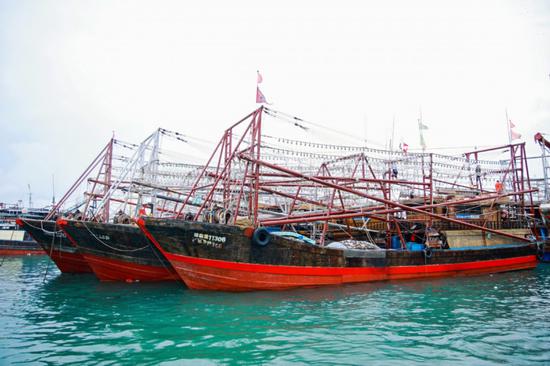
More than 500 fishing boats set sail from Wulian port in Lingao county, Hainan province, on Aug 16. [Photo provided to chinadaily.com.cn]
Fishing ports and docks in South China's Hainan province are bustling once again as the annual fishing moratorium season comes to an end. The three-and-a-half-month hiatus began on May 1.
Over 13,600 fishing boats set sail from Hainan on Friday, and cities and counties across the island province held fishing season opening ceremonies to celebrate.
One such ceremony, in Lingao county, was particularly notable. This year's festival, themed "Coastal Singing, Splendid Fishing", runs from Friday to Tuesday and features an array of activities, including music and poetry, a seafood exhibition, a sea fishing competition and various outdoor sports events.
During the opening ceremony, Lingao county head Wang Ting highlighted the significance of integrating cultural tourism with fishing tourism to boost the Lingao fishing culture festival's brand influence.
Lin Mokai, deputy director of the Department of Agriculture and Rural Affairs of Hainan province, underscored Lingao's location along the coast, boasting vast marine resources that have propelled the county to the top spot in fishery output in Hainan for 25 consecutive years.
According to local authorities, Lingao has seven fishing ports, 5,652 fishing boats, and a fishing population of 77,657, including 39,675 people engaged in offshore fishing activities.
The marine fishery sector contributes significantly to Lingao's economy, generating over 45 percent of the county's GDP. Authorities reported a fishery production value of more than 15 billion yuan ($2.09 billion) in 2023, with a total production of 412,852 tons.
This year's fishing season opening ceremony at Sanya's Yazhou Central Fishing Port featured five parts, including a fishing ceremony, marine fishing customs, expressions from fishermen, marine science education and a community-wide fishing activity. Events such as fishing competitions and fish head auctions were held, blending folk customs, scientific knowledge, art and leisure elements into a unique celebration that offered a fusion of agricultural and tourism experiences for locals and visitors.








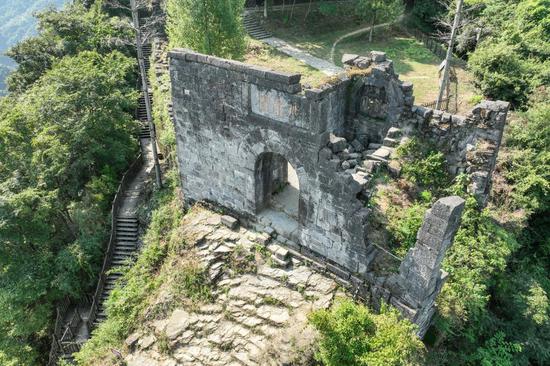
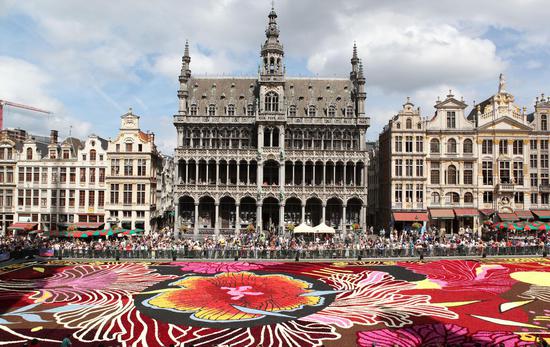
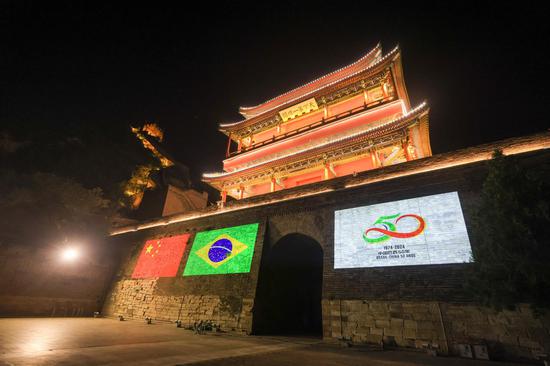

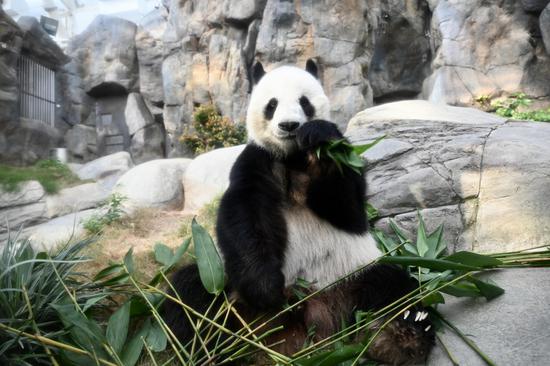
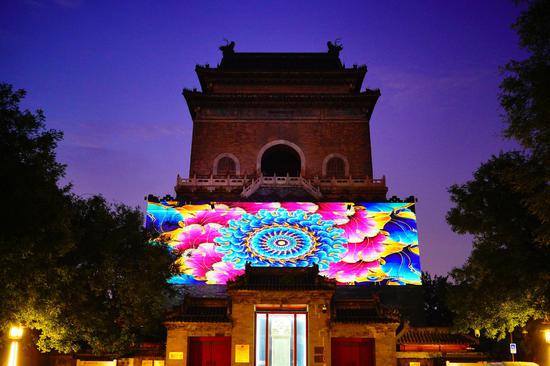
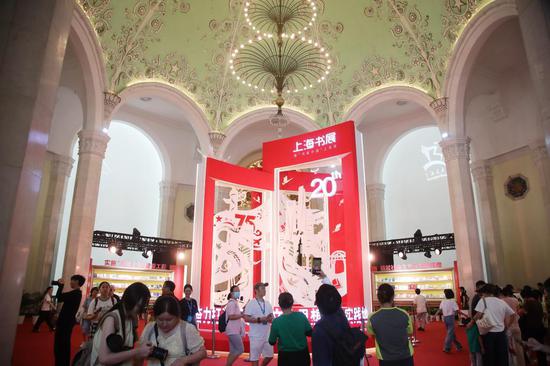
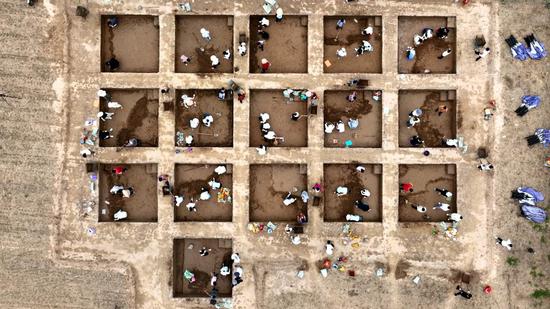
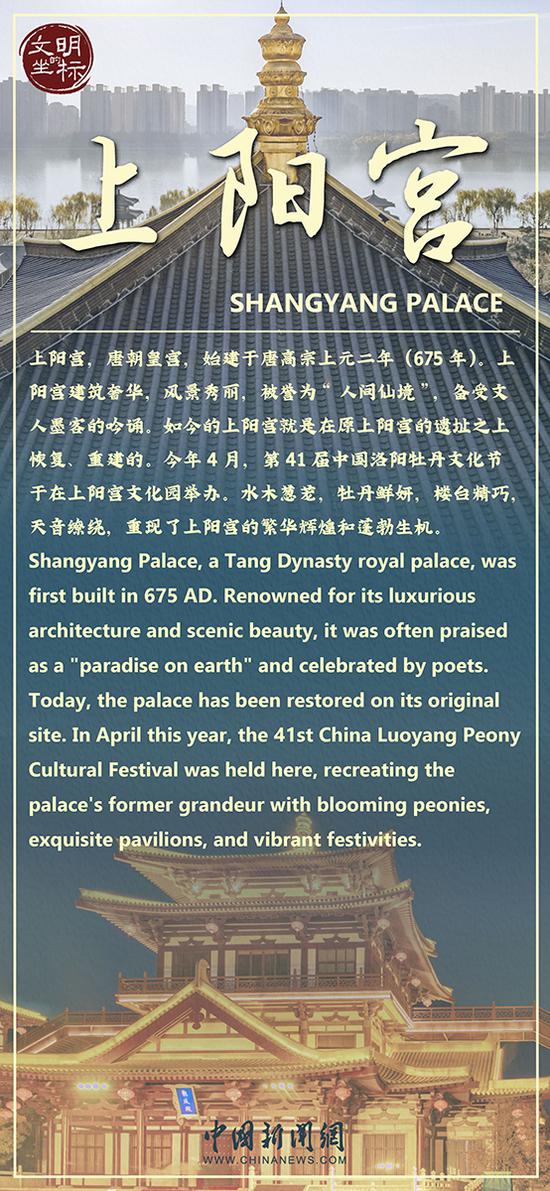












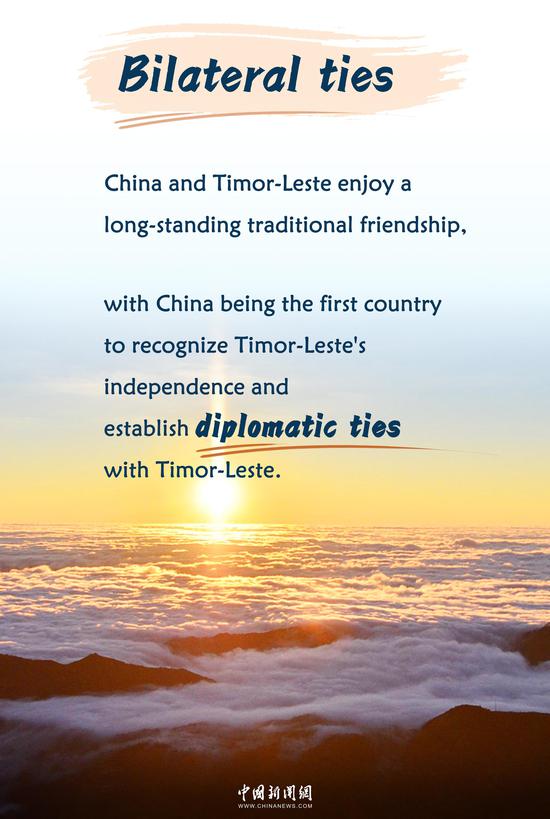

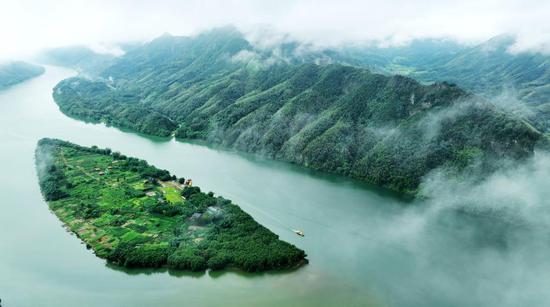



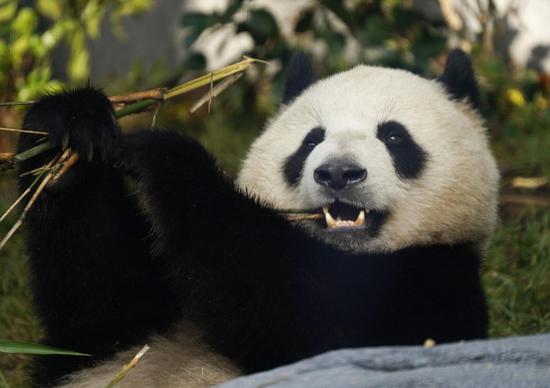
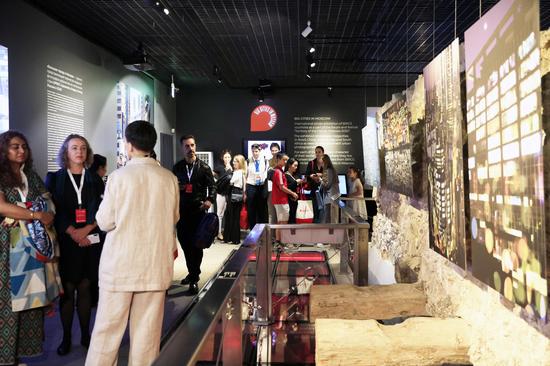



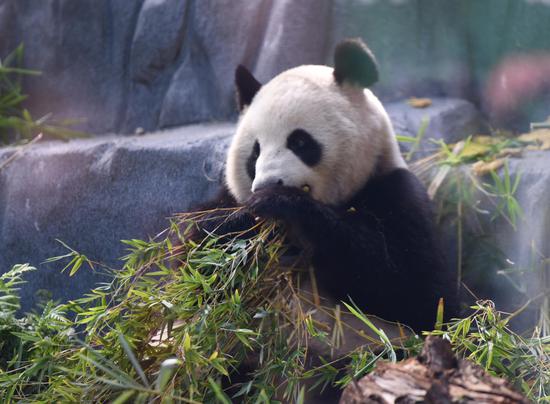
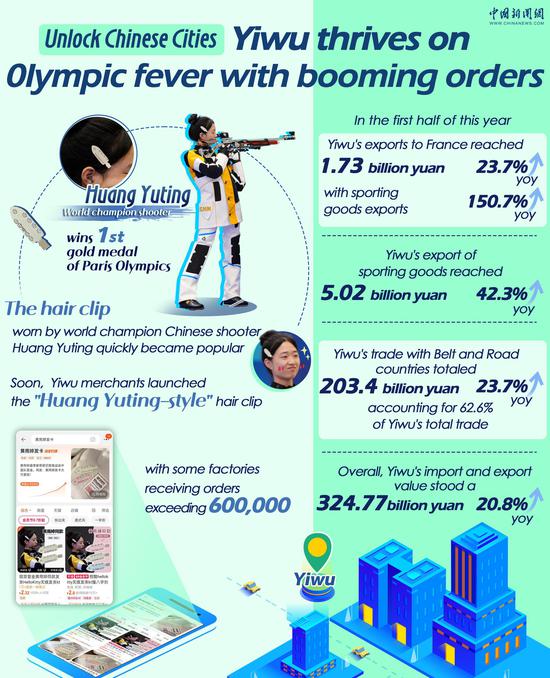


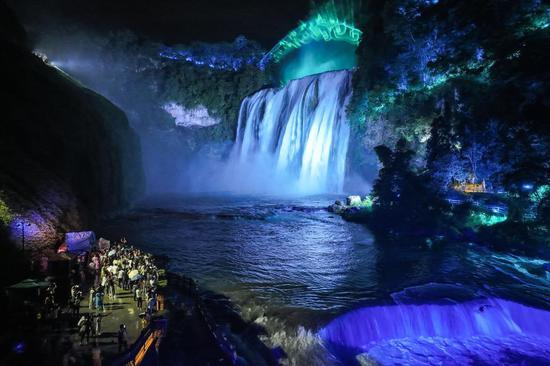

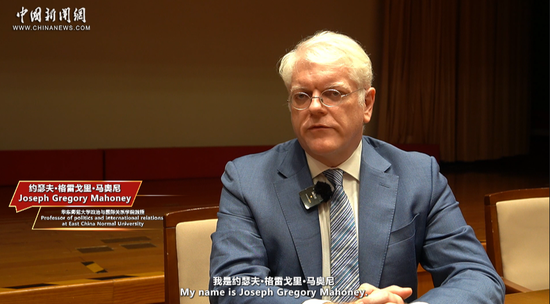

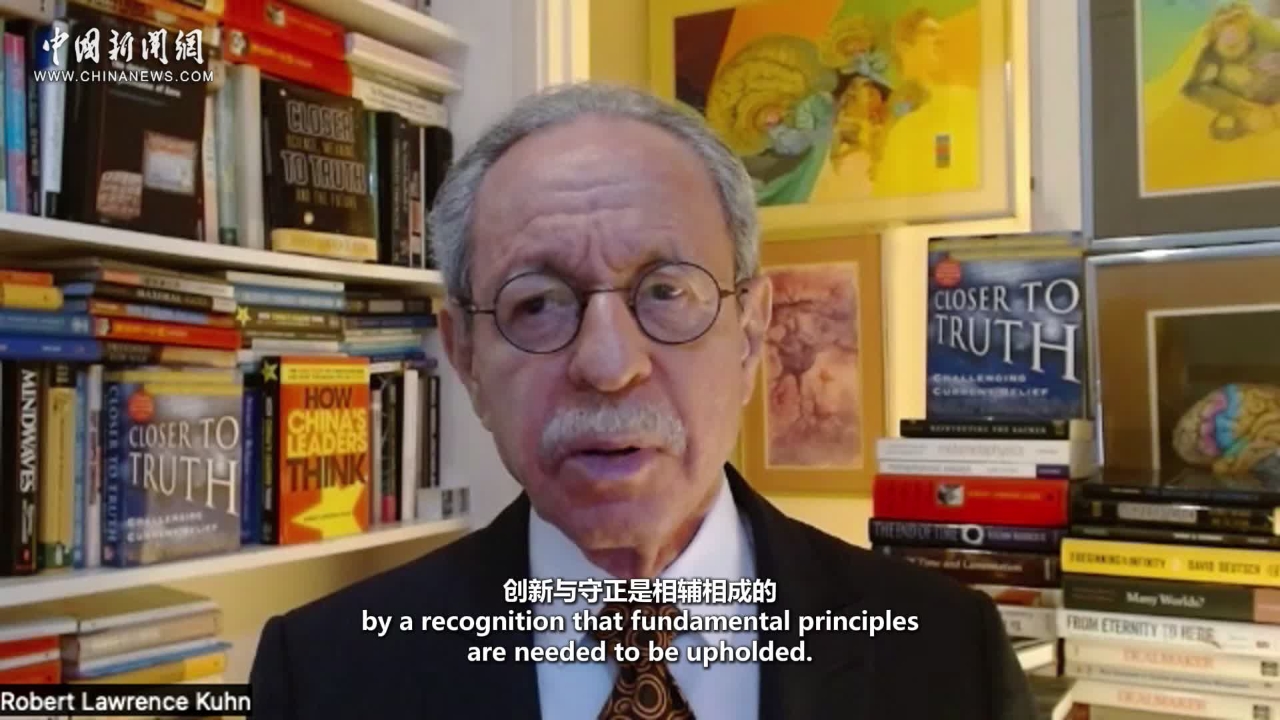

 京公网安备 11010202009201号
京公网安备 11010202009201号